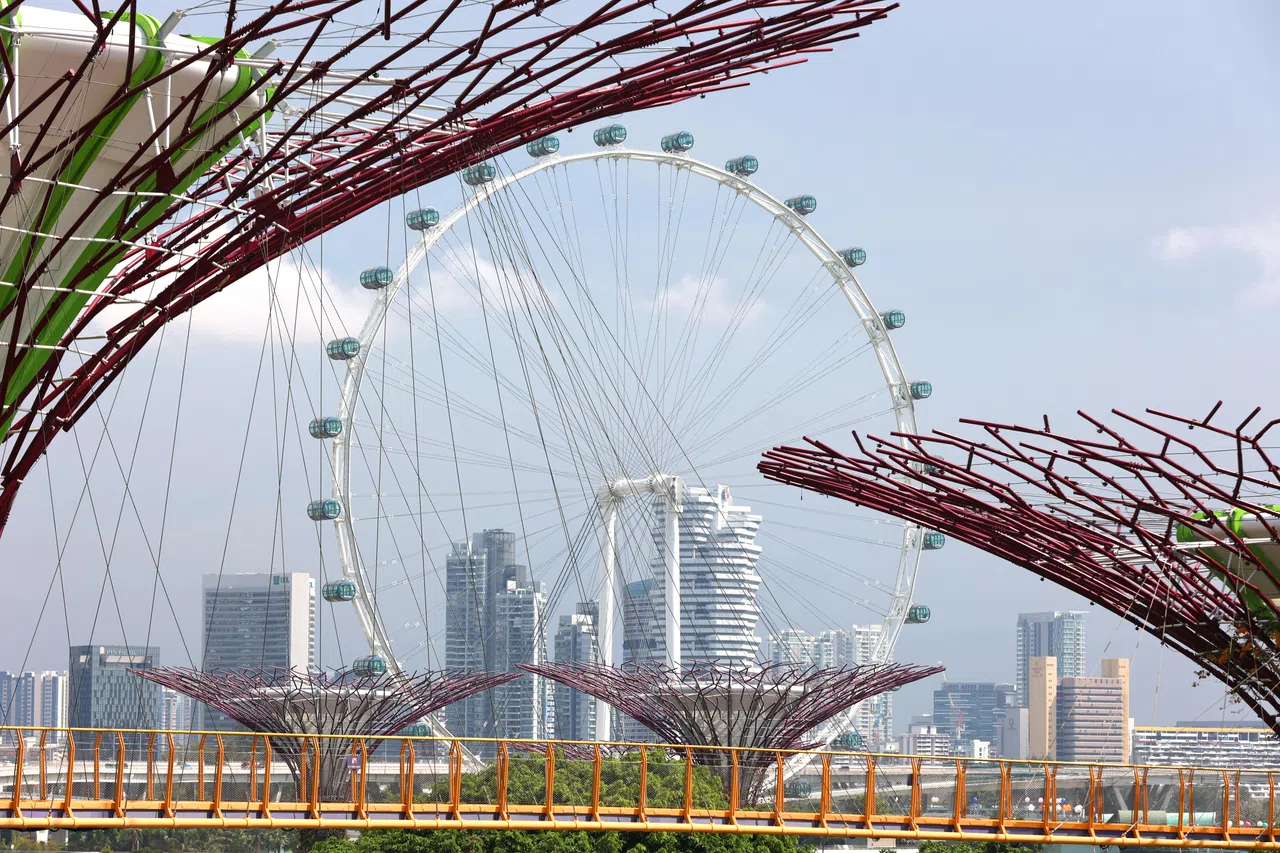Singapore retains spot as costliest city for high-net-worth individuals to live well: report
SINGAPORE has maintained its spot as the most expensive city in the world for high-net-worth (HNW) individuals to live well, said a report by Swiss private bank Julius Baer on Tuesday (Jun 25).
According to the Global Wealth and Lifestyle Report 2024, the city-state retained the ranking for the second year in a row, as it continues to attract the ultra-wealthy through its reputation for political and economic stability and its pro-business environment.
Coming in second on the Lifestyle Index was Hong Kong, which rose a spot from 2023, followed by London at third place, which also rose one spot from the year earlier.
Shanghai, which ranked second in 2023, slipped two spots to rank fourth.
Julius Baer’s Lifestyle Index analyses the cost of a basket of goods and services representative of “living well” in 25 cities globally.
While geopolitical tensions and elections continue to weigh on global economies, inflation is down globally and those who can afford it are spending at pre-pandemic levels, the report said.
BT in your inbox
Start and end each day with the latest news stories and analyses delivered straight to your inbox.
“If 2023 was the start of the ‘new normal’, 2024 is showing what the medium to long term might look like,” it added.
Currency movements and global instability were big drivers of the movements for the year, the report noted.
Prices for goods grew faster than services, in part due to currency fluctuations. For example, Europe is a global powerhouse for luxury goods and the euro has remained strong. This resulted in a robust rise in prices for jewellery and handbags.
Currency fluctuations also played a significant role in some of the biggest risers – such as Zurich, Milan and Mexico City – and fallers, which include Tokyo, Bangkok and Dubai.
For Tokyo and Mexico City, price swings largely came from conversions to the US dollar, even though prices have barely changed in their local currencies.
This comes as the US dollar has remained strong, especially with its status as a safe-haven currency in times of global instability.
The Asia-Pacific region was no longer the most expensive region to live in, even though it houses three of the four most expensive cities, due to falling prices in some cities.
Asia had significant price falls over the past 12 months, with overall prices 3 per cent lower than the global average, the report said.
This includes a 14 per cent decline in the cost of business class flights, although the report expects this may be a correction to the sky-high fares of 2022 and early 2023.
Currency fluctuations are partly to blame for the falling prices, the report said. For example, with a weakening yen, Tokyo’s ranking dropped to 23rd in 2024, from 15th in 2023.
Meanwhile, Asia also saw significant deflationary activity in 2023 amid a global decline in commodity prices.
“It’s a game of snakes and ladders for Asia-Pacific,” the report said, noting that the cities are moving around more than any other region this year.
In Singapore, around half of its items in the Lifestyle Index rank top five globally. The city-state is the most expensive to own a car in, as well as the second most expensive to get private medical care.
Nevertheless, the city-state remains a “highly desirable place to live and work”, the report noted.
The Republic has stable politics, good healthcare, low crime, good public transport and a strong currency.
This stability is evidenced by the close-to-no change in the average price of luxury goods, as well as steady inflation levels across 2023, the report noted.
Overall, HNW individuals around the world have spent more on travel and hospitality in the past year, especially in Asia-Pacific and the Middle East.
The trend for “health as the new wealth” has also continued in 2024, the report said.
Spending on health increased most significantly among HNW individuals in Asia-Pacific, with the region ranking first or second in terms of increase in every health sub-category.
The Lifestyle Index is based on a basket of 12 consumer goods and eight services that represent discretionary purchases by HNW individuals. The data was collected between November 2023 and March 2024.

